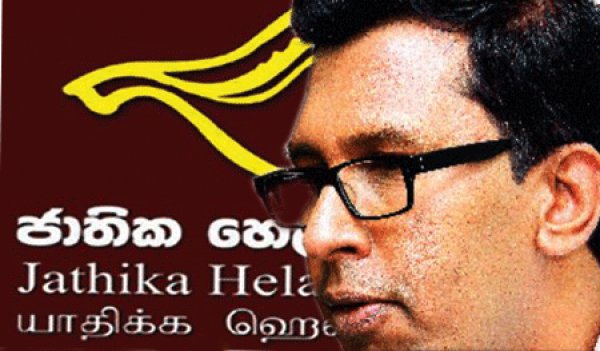The JHU says the dialogue about LTTE terrorism, which was a barrier to national and international peace and reconciliation, is yet not over.
During the period of terrorism, most political parties, NGOs and the international community did not make a fair analysis, its media secretary Nishantha Sri Warnasinghe says in a statement.
The statement also says that after the defeat of terrorism and the final war, more than 11,000 terrorists surrendered and they had been rehabilitated and returned to society.
However, certain extremist groups and the UNHRC tried to investigate human rights allegations against the military and to punish them.
What the military had done was to fulfill its responsibility of curbing the LTTE, which was internationally proscribed for being a terrorist organization.
Even the Darusman report says it was not right to leave the surrendered LTTE members unpunished.
In this light, it cannot be approved at all, and how can it be justified if LTTE suspects accused of serious crimes are given a pardon, while the military which enforced the law are punished? asks the JHU.
The attorney general has a responsibility to produce these suspects before courts, which is what the public wants to see.
A key responsibility of the good governance regime is to ensure law and justice for all equally and it should not fulfill the wants of various groups and political separatists, the JHU adds.






